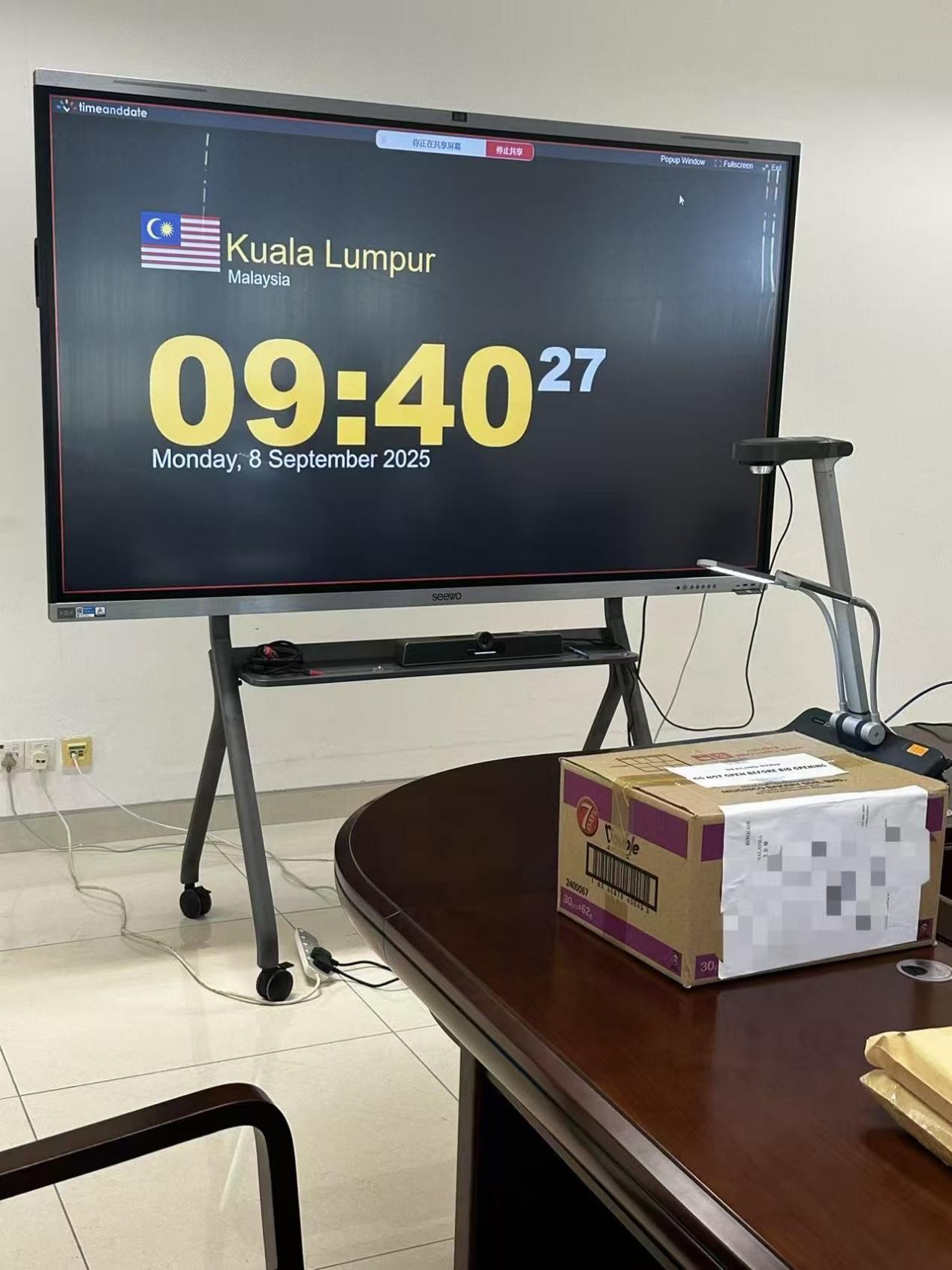In today's dynamic global economy, delivery services face an unprecedented challenge: adapting to diverse and ever-evolving market demands. From cross-border e-commerce to last-mile delivery in urban jungles, logistics providers must innovate and optimize their operations to meet the unique needs of consumers and businesses alike.

Understanding Diverse Market Demands
Consumer Preferences
Market demands are shaped by diverse consumer preferences. From speed and reliability to eco-friendliness and personalized services, customers expect more from their delivery experiences. Delivery services must stay agile, offering flexible delivery options that cater to these varied needs.
Geographic Challenges
Geographical barriers, such as remote locations or dense urban centers, present unique challenges for logistics providers. Developing innovative solutions, like drone delivery for hard-to-reach areas or smart routing algorithms for congested cities, is crucial.
Industry-Specific Requirements
Different industries have distinct logistics requirements. For instance, the food industry necessitates temperature-controlled transportation, while the fashion sector may prioritize fast and cost-effective delivery. Understanding and tailoring services to these requirements is key.
Adapting Strategies for Delivery Services
Embracing Technology
Innovation through technology is paramount. Investing in automation, AI-driven route optimization, and real-time tracking systems enhances efficiency and customer satisfaction. By leveraging data analytics, delivery services can predict demand patterns, optimize inventory management, and reduce costs.
Building Strategic Partnerships
Collaborating with industry leaders and complementary businesses fosters innovation and expands service offerings. Greatway Logistics' partnership with JD Logistics is a testament to this strategy. Together, they provide a comprehensive suite of logistics services, including customs declaration, inspection, warehousing, and cargo distribution, streamlining cross-border trade and enhancing supply chain visibility.
Expanding Geographic Reach
To cater to diverse markets, delivery services must expand their geographic reach. Greatway Logistics' coverage of 26 cities across 15 regions in Russia's Primorsky Territory and Central and Novosibirsk demonstrates its commitment to serving a wide range of clients, ensuring seamless delivery across the country.
Facilitating Rapid Customs Clearance
For international deliveries, customs clearance can be a bottleneck. By guiding local customs to open green channels for specific products, like home appliances, Greatway Logistics demonstrates its ability to navigate complex regulatory frameworks and expedite the clearance process, enhancing the overall customer experience.
Prioritizing Sustainability
Sustainability is a growing concern for both consumers and businesses. Adopting eco-friendly practices, such as using electric vehicles, optimizing packaging to reduce waste, and implementing circular economy models, can differentiate delivery services in a crowded market.
Conclusion
Adapting to diverse market demands is a continuous journey for delivery services. By embracing technology, building strategic partnerships, expanding geographic reach, facilitating customs clearance, and prioritizing sustainability, logistics providers can stay ahead of the curve. Greatway Logistics' success story serves as an inspiration, showcasing how a forward-thinking approach can transform the logistics landscape and meet the evolving needs of today's consumers and businesses. As the world becomes increasingly interconnected, the ability to adapt and innovate will be the defining factor for delivery services' long-term success.
https://www.greatwaylogistic.com/how-can-delivery-services-adapt-to-diverse-market-demands.html
www.greatwaylogistic.com
浩通国际物流(上海)股份有限公司

